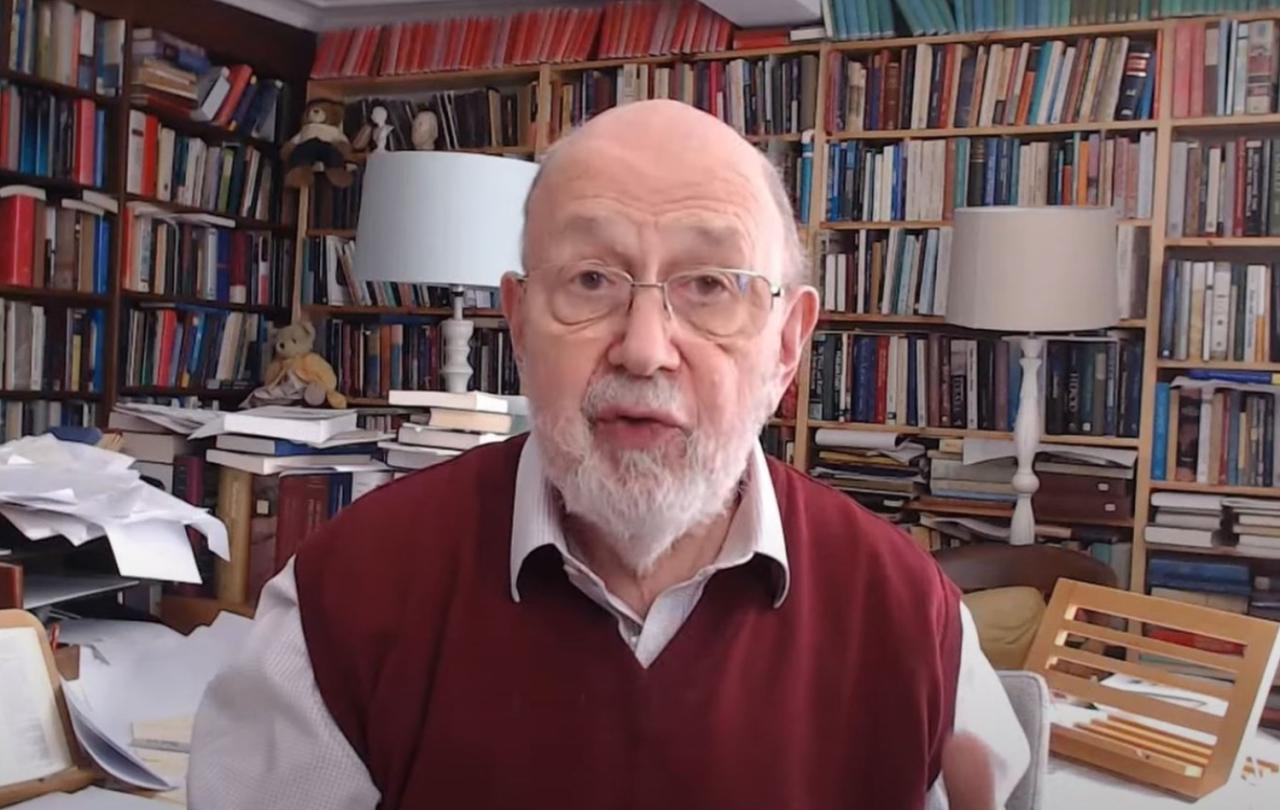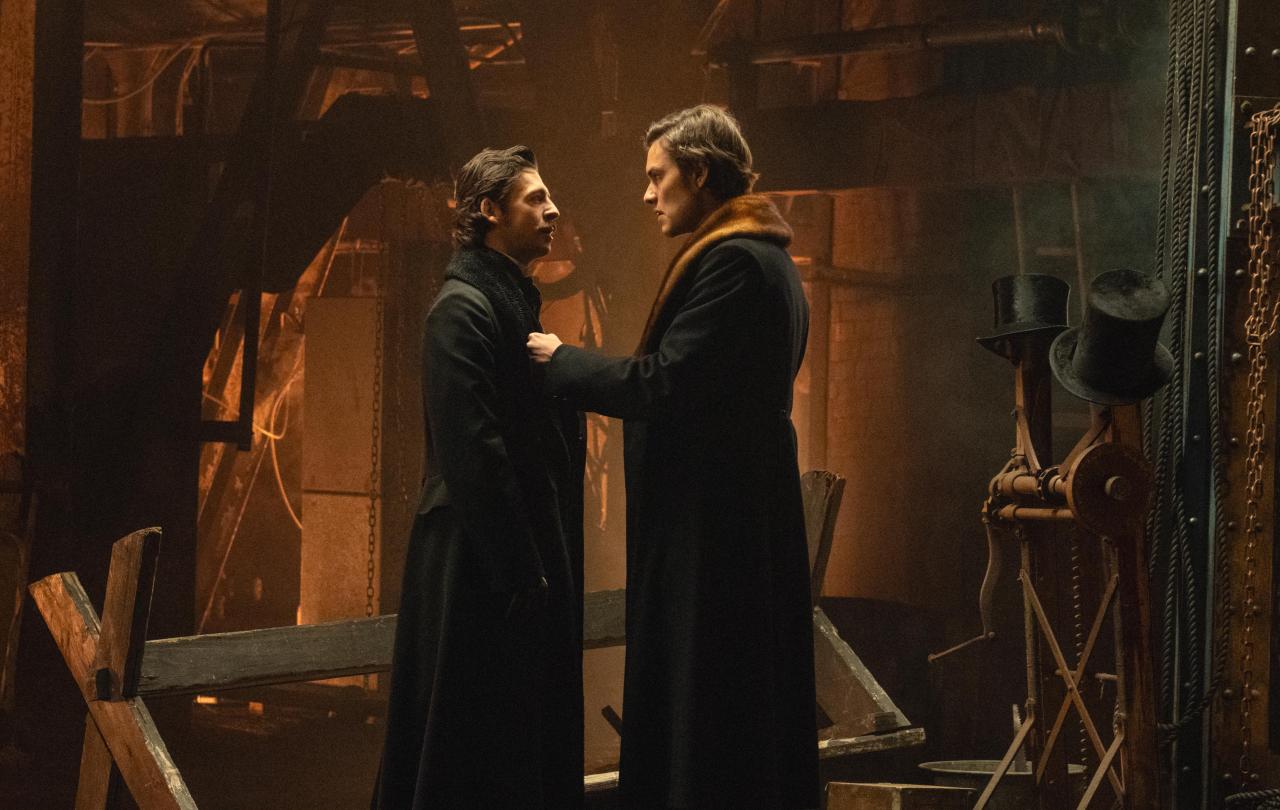
Listen now
NT (Tom) Wright is Senior Research Fellow at Wycliffe Hall, Oxford University. Tom has written extensively on Jesus, Paul and early Christianity and his work has been hugely influential across the world. As well as his notable academic career Tom has also served in the Church of England in various roles, including as bishop of Durham from 2003-2010.
Belle and Justin talk to Tom about his new book, co-authored with Mike Bird - Jesus And The Powers: Christian Political Witness in an Age of Totalitarian Terror and Dysfunctional Democracies. How can we re-enchant 21st Century politics with the 1st Century vision of Jesus as Lord?
Find out more aboutt the book.





